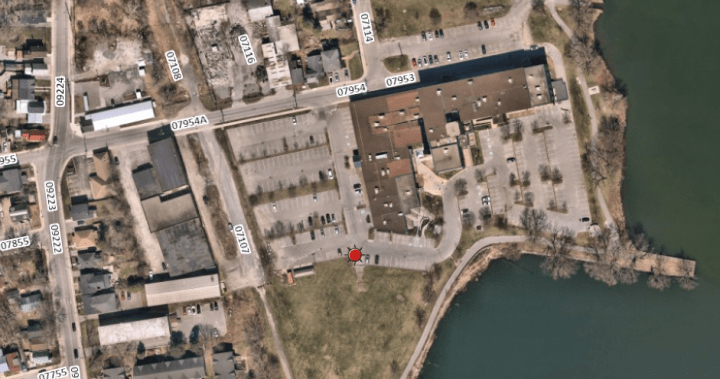Paragraph 1: Introduction to the Brownfield Redevelopment Project
The city of Kingston, Ontario, is poised to consider a significant redevelopment project aimed at revitalizing a long-dormant industrial site at 0 Cataraqui Street. The proposal involves a substantial investment in environmental remediation and the construction of a six-story residential building, comprising 75 apartment units. Central to the project’s feasibility is a proposed brownfield tax rebate program, which would provide the developer, Inner Harbour Development LP, with up to $4.1 million in tax relief over a ten-year period. This initiative aligns with the city’s strategic objectives of increasing housing availability and addressing the challenge of underutilized land within the municipality.
Paragraph 2: Historical Context and Environmental Challenges
The Cataraqui Street property carries a legacy of industrial and transportation activities, which have resulted in soil and groundwater contamination. This environmental legacy necessitates comprehensive remediation efforts before the site can be repurposed for residential development. The developer must undertake the necessary environmental cleanup and secure a record of site condition, confirming the site’s suitability for residential use. This process involves rigorous environmental assessments and remediation strategies, ensuring compliance with environmental regulations and safeguarding the health and well-being of future residents.
Paragraph 3: Financial Implications and Tax Rebate Proposal
The redevelopment project carries significant financial implications for both the developer and the city. Currently, the property generates approximately $27,400 annually in municipal and education taxes. Following redevelopment, the projected annual tax revenue is estimated to be no less than $182,600, representing a substantial increase. To incentivize the project and offset the costs associated with environmental remediation, the city is proposing a brownfield tax rebate program. Under this program, the developer would receive an 80% rebate on the incremental tax revenue generated by the project, capped at a total of $4.1 million over a ten-year period.
Paragraph 4: Justification for the Tax Rebate Program
The proposed tax rebate program is justified on several grounds. Firstly, it promotes the redevelopment of contaminated brownfield sites, which often pose significant environmental and economic challenges. By incentivizing private investment in these sites, the city can transform blighted areas into productive and valuable assets. Secondly, the project directly addresses the city’s housing affordability goals by adding 75 new apartment units to the housing stock. This increased supply can help alleviate housing pressures and contribute to a more diverse and accessible housing market. Finally, the redevelopment of the underutilized site contributes to the city’s overall economic development, creating construction jobs and generating long-term economic activity.
Paragraph 5: City Council’s Role and Next Steps
The decision to approve the brownfield tax rebate and the associated development project rests with the Kingston City Council. The council will review the proposal, including the financial implications, environmental assessments, and the proposed brownfield site agreement with the developer. A vote on the motion, associated bylaws, and the brownfield site agreement is scheduled for the upcoming Tuesday council meeting. The outcome of this vote will determine the fate of the redevelopment project and the future of the Cataraqui Street site.
Paragraph 6: Balancing Development and Environmental Responsibility
The Cataraqui Street redevelopment project represents a complex undertaking that requires balancing the need for economic development and increased housing with the imperative of environmental responsibility. The brownfield tax rebate serves as a financial tool to incentivize the remediation of contaminated land and promote sustainable urban development. The success of this project hinges on the effective collaboration between the city, the developer, and the community, ensuring that the redevelopment not only addresses immediate housing needs but also contributes to the long-term health and prosperity of Kingston.

